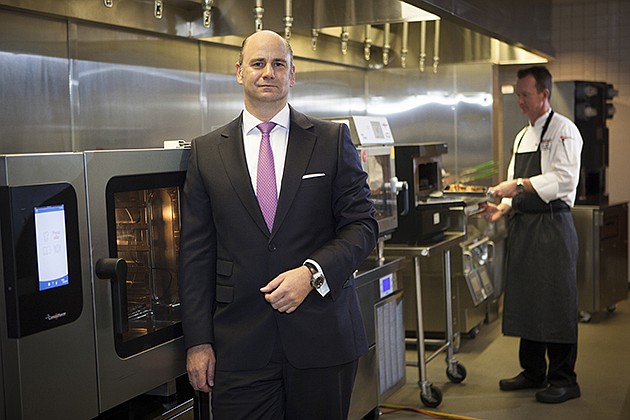- December 13, 2025
-
-
Loading

Loading

Executive Summary
Company. Manitowoc Foodservice Industry. Manufacturing, hospitality Key. Company looks to simplify its operations.
Industrial kitchen equipment for restaurants, from icemakers to large vat fryers, seemingly has little in common with construction cranes and boom trucks that have cherry pickers on top.